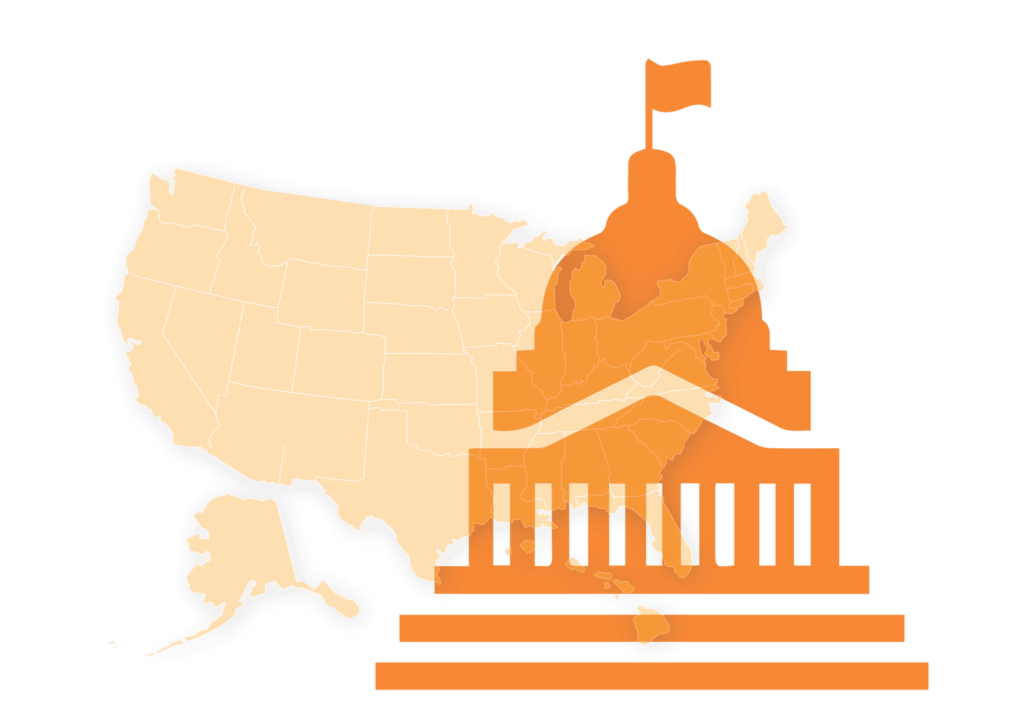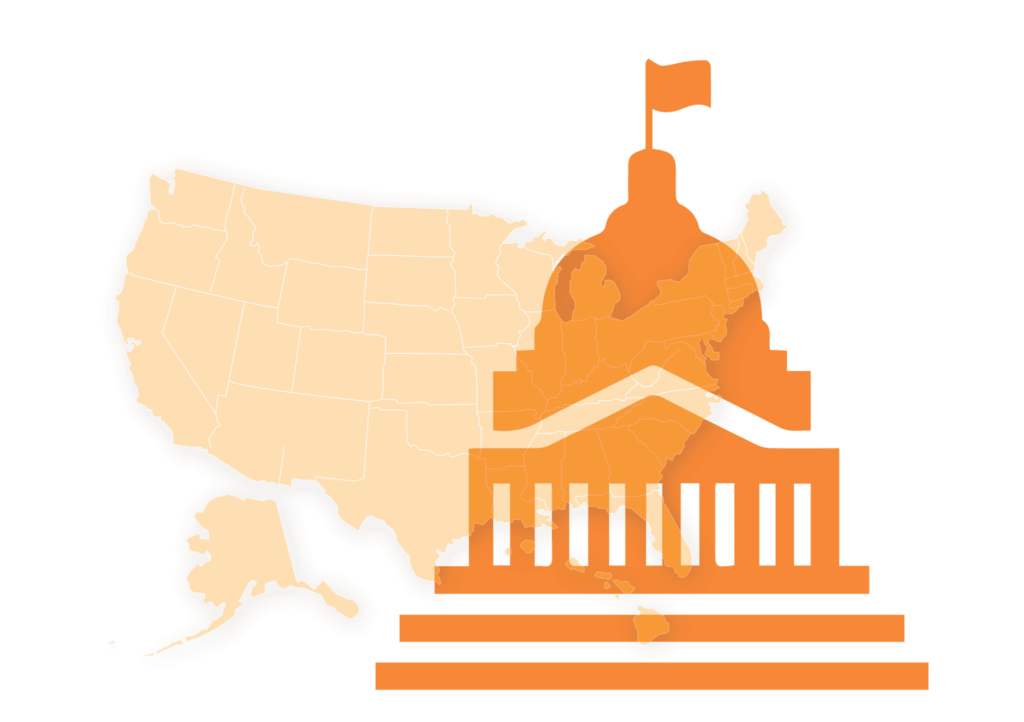1. Provides fiscal relief to states and additional dedicated funds for education.
State budget cuts represent a dire threat to educational equity – especially at a time when we need our education system to be doing even more for vulnerable children and youth. Current projections show state revenue shortfalls could reach 15% in the current fiscal year and could be 25% or more in the next fiscal year, which would lead to disastrous outcomes, most acutely felt by low-income students and students of color who represent the majority of students in Texas. State lawmakers enacted systemic reforms to public education in the last legislative session, and federal resources are needed to maintain this commitment while responding to new challenges.
We support the National Governors Association’s (NGA) request for an additional $500 billion in direct federal aid for states and territories that allows for replacement of lost revenue. In addition, we need a major infusion of targeted aid so that child care providers, K-12 public schools, and colleges and universities can meet the academic and other education-related needs of Texas’s students. Requests from national education and civil rights organizations including at least $50 billion in aid for high-quality child care, $175 billion in aid to K-12 schools, $50 billion in aid to colleges and universities, and $50 billion in additional categorical aid for education are important steps in the right direction. The recently passed HEROES Act in the House did not come close to meeting this need, especially for K-12 schools, and any final package should rectify this oversight.
It is especially important that Congress also provide new dedicated, flexible funding for extended learning time through summer programs, extending the school year, and/or extending or restructuring the school day in order to address learning loss – with priority for students from low-income backgrounds, English learners, students with disabilities, and students experiencing homelessness, in foster care, or involved with the juvenile justice system.
These educational resources – coming alongside more federal aid to make up for lost state revenue – should include strong protections ensuring that new investment, while flexible, be used to supplement existing revenue and services. In addition, all new aid should be distributed to states through equity-driven formulas that recognize the intense needs of Texas’s children and youth and the state’s recent emergence as a pandemic hotspot.
Finally, the administration’s decision to prevent undocumented immigrants from receiving critical emergency aid for higher education as part of the CARES Act threatens students’ potential to fully participate and contribute to our state’s economic growth. We urgently request that Congress reverse this economically counterproductive decision and prohibit any such action in its next stimulus bill.

 July 21, 2020 by
July 21, 2020 by 



